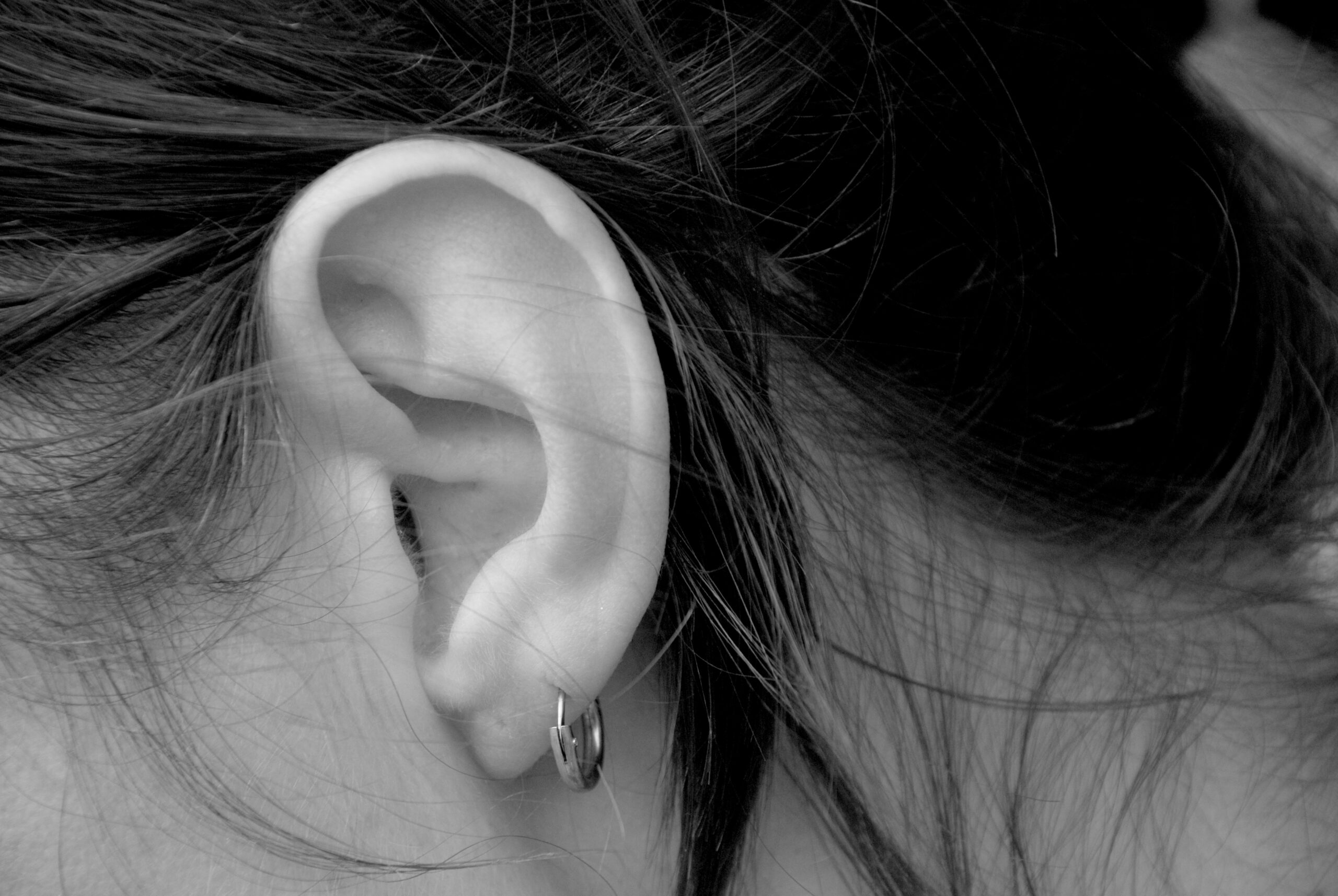When you’ve finished writing a strong draft, mumble through your copy. Who cares if other people at Starbucks look at you like you’ve lost your mind? You’re doing the single most important thing to improve your writing.
Reading it aloud.
See how your ear catches the wordiness, jargon, and awkward phrasing that your eye missed. Almost instinctively, you’ll change your copy as you speak it. You’re on your way to copy that sings.
Like music, languages have rhythms and the more attuned you are to the rhythm of a language, the better your writing will flow. Think of a romance language such as Spanish as a smoothly moving violin concerto and English as jazz with syncopated rhythms, starts and stops. Ears are sensitive to such rhythms in a way that eyes are not. But readers can hear those rhythms in their minds even though they are reading silently.
To learn a lot about writing for the ear, turn to poetry because it’s based on rhythm, sounds, and concise wording. Note how poets say a great deal with only a few well-chosen words. Note how skilled they are in succinctly conveying images and feelings.
No matter what your genre, reading poetry will sensitize you to the rhythms of your chosen language and help you create prose that conforms to them.
Try to find poems that exemplify the effects you want to create. Listen to the sounds of Edgar Allan Poe or note Robert Frost’s powerful concrete images of a horse stopping by snowy woods or a hired man coming home to die.
A final suggestion: read Strunk and White’s suggestion for writing effective prose in The Elements of Style. Some are dated, but a lot – such as writing with verbs and nouns instead of adjectives and adverbs – are timeless.
And do mutter through your copy until your ear tells you it flows. Your ear will never lie to you.
